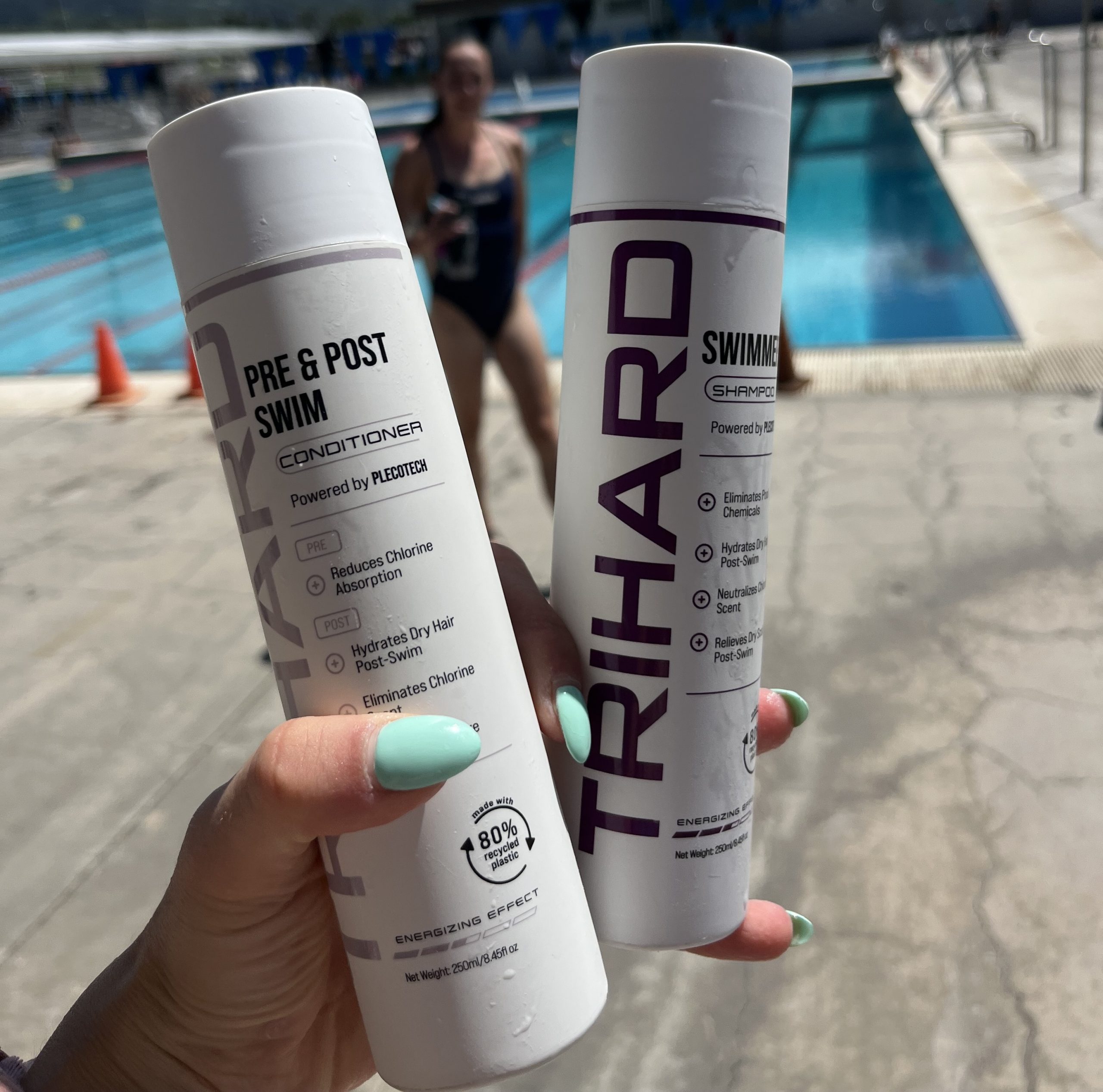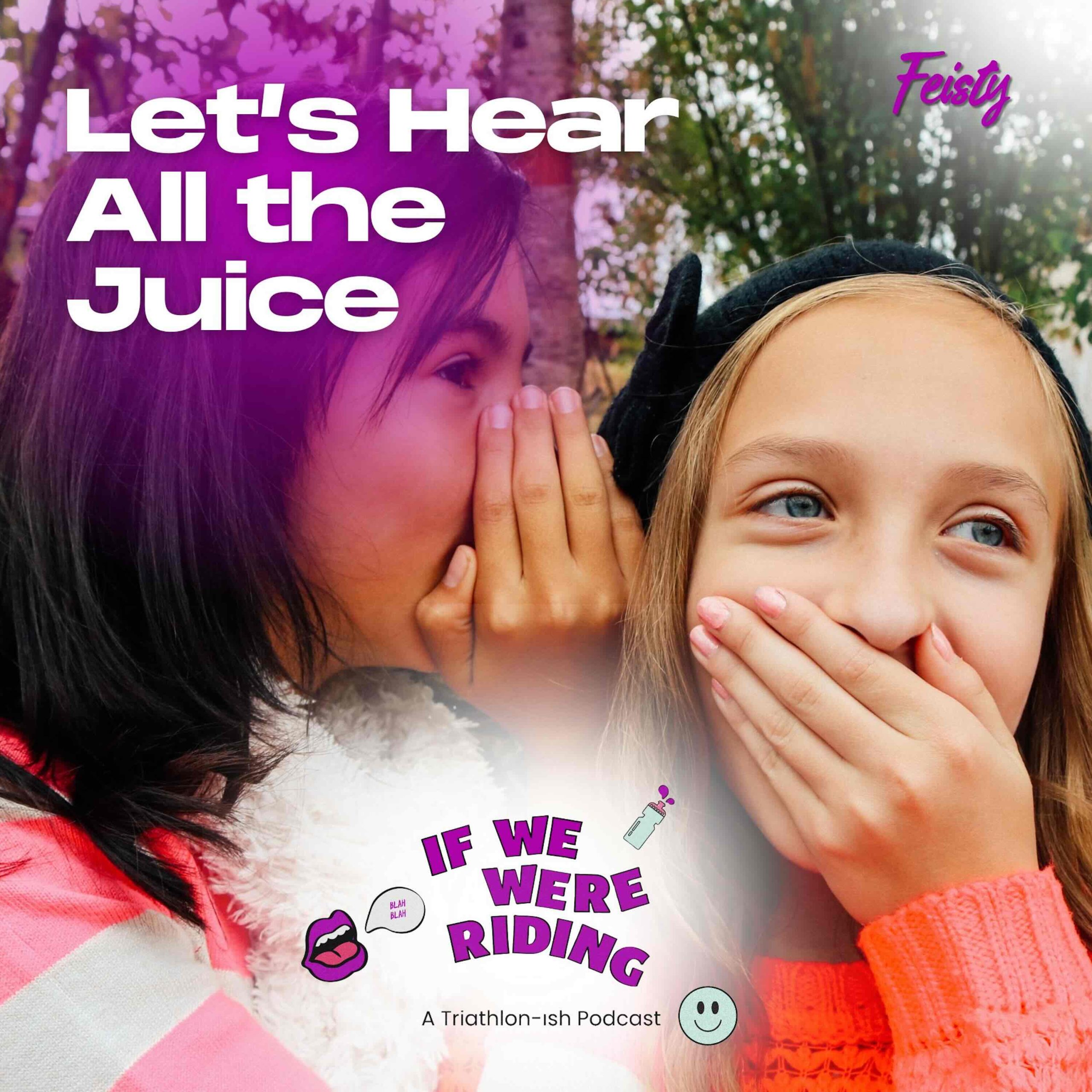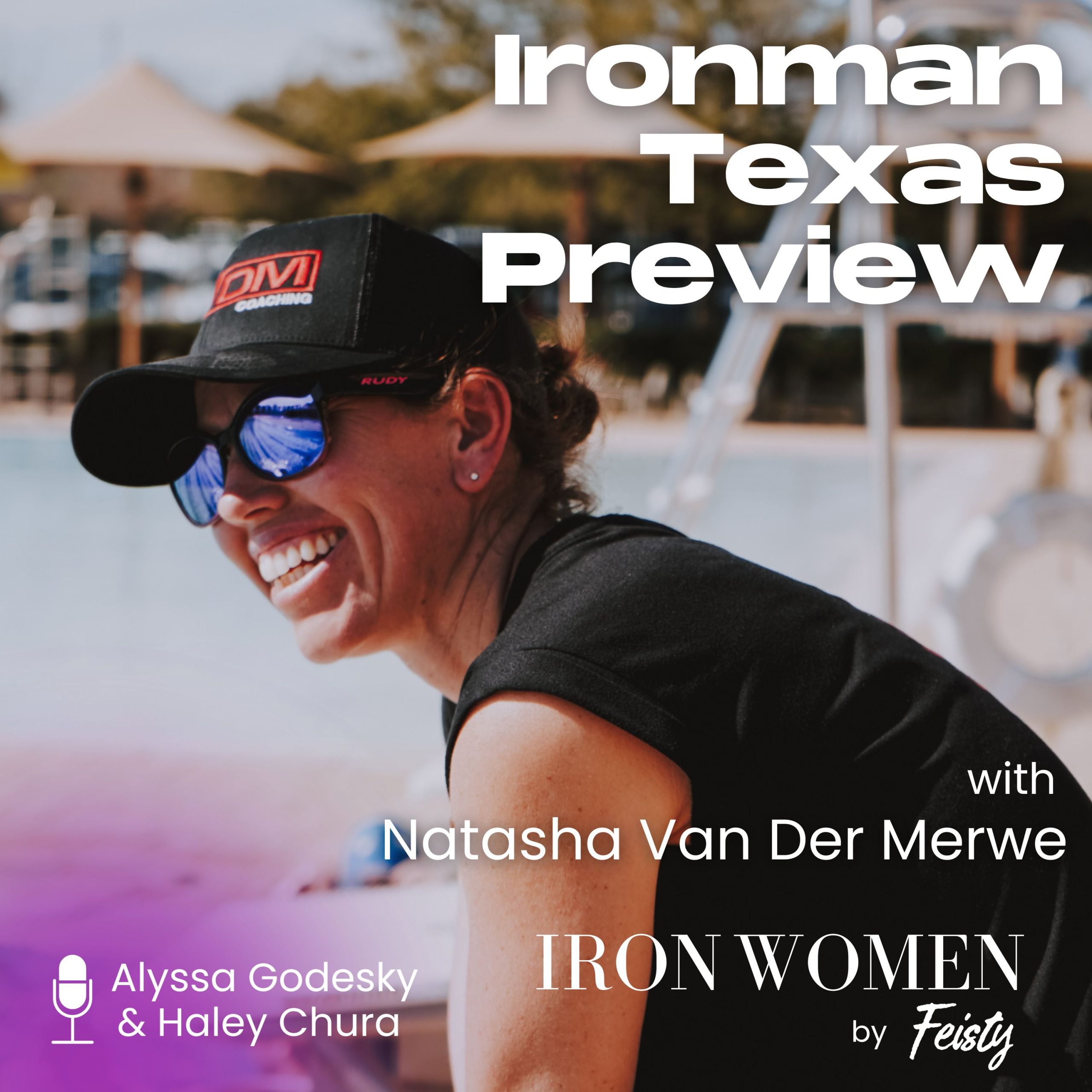May 15, 2019
Newsletter ep. 87: triathlon traditions & a women’s tour?
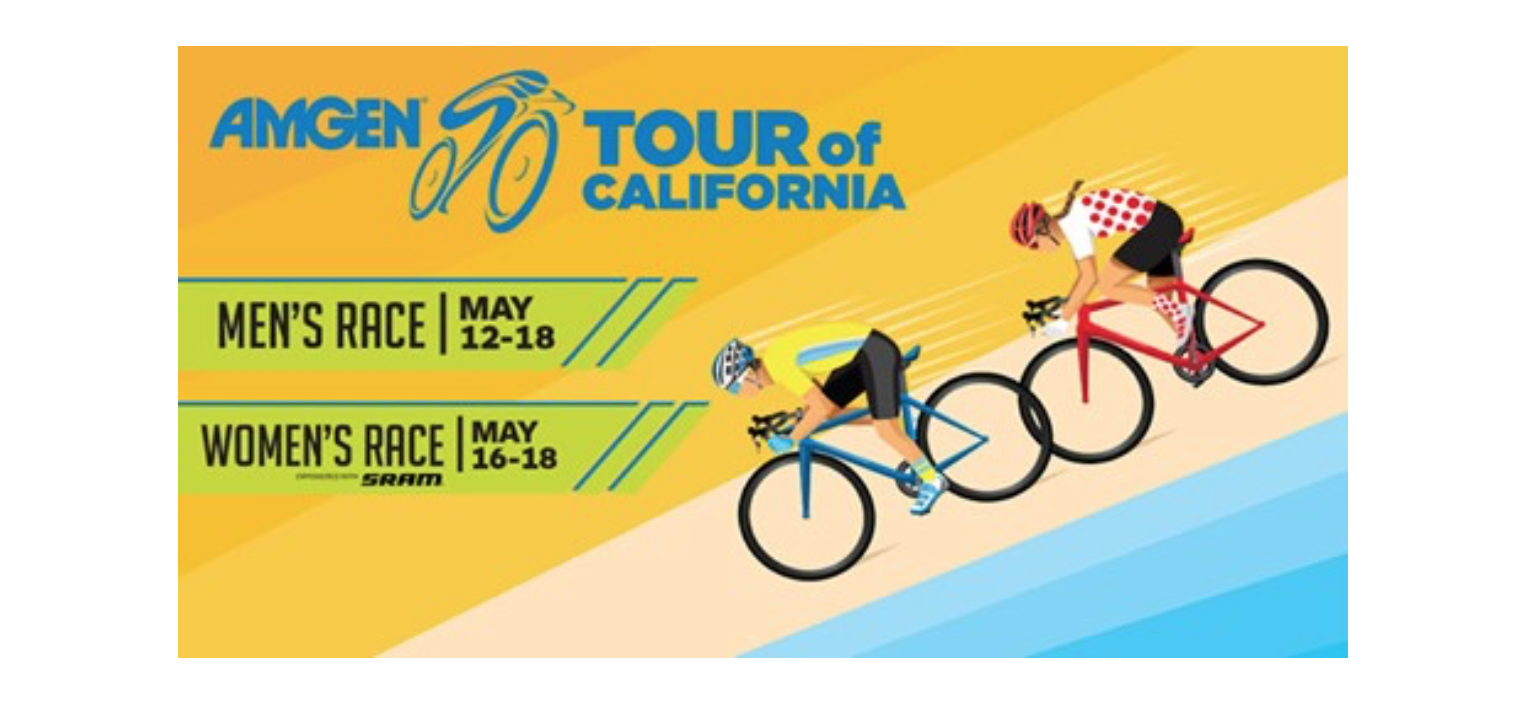
If We Were Riding’ is a weekly triathlon-ish newsletter written by Kelly O’Mara and produced by Live Feisty Media. Subscribe to get it in your inbox every Wednesday morning. You can also read past issues. This episode is from May 15, 2019.
________________
If we were riding, you’d have to deal with my sneezing and coughing and dying. It’s hard to tell if it’s allergies or illness. I hear that when the riders showed up last week for the Tour of California a bunch of them thought they were coming down with the flu. Nope, just the air trying to kill you.
Hard to stay motivated and now it’s raining again too. Plus, does anyone else feel like the sport is coming to the end of an era? Yay triathlon season!
________________________
A question of tactics
This weekend I went to the opening stage of the Tour of California—or, rather, the opening stage of the men’s race. The women’s race doesn’t start until tomorrow, since it’s only three days long.
There is an effort, however, to change that.
In sum: The same tactics are being used now in cycling that were used successfully in surfing to force Mavericks to open to female surfers (and that ultimately led to equality of prize purses across all WSL contests). In that instance, activists went after California law and permits, which do not allow discrimination of access. In this instance, there is both a bill proposed to require all events on California land to provide equal pay and there is a similar effort to go after state permits for roadways. Some are even taking it so far as to suggest there can be no gender-specific events—ie. no men’s or women’s-only races or contests.
Can the state support and permit discriminatory events? Is that legal? If the state says no permits for the Tour of California unless there is an equal women’s event, will they offer an equal women’s event or will they just take their toys and go home?
I’m not sure. It might work. It worked in surfing, when people said the same things with the same concerns. But it might not. It might backfire. You don’t know.
The thing with all these tactics is they’re just tactics. Every time someone organizes a strike or a boycott or an ultimatum or a press conference or a legal challenge it’s a tactic. There’s a calculation. They are calculating the strike will work more for them than against them. It’s not a question of whether they’re morally right; it’s just a question of whether they’re logistically right.
To me the difference here is Mavericks needed California more than California needed Mavericks. I don’t know if that’s true of Amgen (the Tour of California sponsor). The other thing I don’t know is how the proposed law will affect bigger sports that still get state subsidies. It’s not like football is super equal—though I bet football doesn’t change shit whatever the law says. I also don’t know what would happen if tomorrow an equal number of stage races of equal length were available to women’s cycling teams. (Yes, in every sport ever critics have always said there simply isn’t enough female competition to have an equal number of events/teams/races. Yes, generally, once the opportunity is provided, the athletes rise to the occasion and eventually fill the gap. Still, I’m not the only one wondering where the money and support and teams and riders would come from for that.)
I hope they calculated this right. It’s a bet and I hope it’s a bet that pays off big.
What are triathlon traditions?
One thing I noticed at the tour stage on Sunday: In cycling, they apparently don’t give the winner an open mic?
I was trying to explain to a friend that in triathlon we let the men’s and women’s winners give a speech on the podium about whatever they want. He thought this was weird.
That’s not the only tradition in triathlon, though. We give the winner the microphone. We all go back at midnight to watch the final Ironman finishers; the top pros usually return to hand out the medals at that hour. Race videos at the awards are common. Youth races beforehand. Crossing the finish line with your kid (though not as allowed as it once was).
What other triathlon traditions/customs am I forgetting?
Something’s happening with the pro races
I also signed up for Victoria 70.3 this week and was surprised to find a start listdeeper, more competitive, and with bigger names than you usually find at Victoria or really at any small/medium-sized race with a $25,000 prize purse.
This has happened at quite a few North American races this year. Why?
I have a couple of theories, but none fully formed yet. We know the new pro qualification system means people don’t have to fly around chasing points anymore. It means athletes, particularly women, need to do fewer full Ironmans and every race is the same—ie. a win is a win, might as well stack in more 70.3s then. It also means going for broke or nothing; no reason to chase middle-of-the-pack points that don’t exist anymore. In some ways, this has led to more competitive races. In other ways, it’s super diluted the fields across the globe. There are too many races.
I think there’s another thing coming into play: With prize money in the shitter and no reason to chase points at medium-level races, there’s no extra incentive or reason to go to Monterrey, Mexico or Vietnam. On an individual level, pro athletes are basically making race choices now for all the same reasons regular athletes make race choices: Ease and cost of travel, convenience, schedule, friends, etc. If the money sucks everywhere and there are no points, why not do the race that’s closer and easier? And the reality is a plurality (if not majority) of pros, especially the female pros, are U.S.-based.
And that’s how a tiny race ends up attracting Mirinda Carfrae, Paula Findlay, Heather Wurtele.
Pregnancy clauses
If somehow you missed it, the New York Times published a very well-done and provocative op-ed/video on the lack of pregnancy support for Nike athletes. They also answered some questions that have come up, because comment sections are totally where we want to get story ideas from.
If somehow you didn’t know this already, the gist was: Athletes get screwed if they get pregnant. Almost all runner contracts have clauses that allow the sponsor to drop the athlete for any performance reason, including if they don’t race or fall below a certain ranking for more than six months. They typically don’t get paid then when pregnant and have to come back to racing super fast in order to pay bills. They also generally don’t have health insurance from sponsors; and if they do have it from the governing body, it’s dependent on racing. Which they can’t do if they’re pregnant.
IMO, in this moment, it doesn’t even make marketing sense to treat your pregnant athletes terrible. Read the room: There’s money to be made off strong relatable female athletes. And maybe this is all changing some anyway, since Mirinda Carfrae said she got paid out about 90% when she was pregnant and Gwen Jorgensen said she kept most of her sponsors. Kara Goucher also tweeted some companies who do offer maternity and pregnancy support.
Obviously, the big problem is athletes have very little power and contracts are generally written with terrible reduction clauses. I sort of feel like if a company wants an athlete, then they should have to sign them for whatever good, bad, or in-between comes with them. If only we could all organize and put our power together behind this…
[And don’t even @ me with any ‘it’s their choice if they want to get pregnant’ bullshit.]
_______________________
- RIP Mike Plant, a triathlon legend. (Triathlete)
- This guy got hit by a car while volunteering at a local triathlon. And, of course, has had to start a GoFundMe now, because medical costs. (GoFundMe)
- Rookie pro Kayla Kobelin won $100,000 at the Million Dollar Mile. Most prize money a pro triathlete has made so far this year? (Instagram)
- Holly Lawrence followed up last weekend’s North American championship win at St. George with an Asia-Pacific championship win at Vietnam this weekend. And Thorsten let me know after last week’s newsletter that, according to his calculations, her effort at St. G was better than Daniela’s at Oceanside. So. Can’t wait to see how that shakes out in Nice in September. (Instagram/Live Feisty)
- Ironman moved IM Santa Rosa from May to July next year, which will be hot as hell, but which is also necessary for balancing of their calendar given that IM St. George will be in May 2010. Gotta give the market what it can bear. (Twitter)
- Word is the New York City Triathlon won’t offer pro prize money anymore. There’ll also be a course/venue change coming next year. Shame. Used to be one the top-tier races.
- If you haven’t read the newsletter before and want a basic snapshot of where the sport’s at, USA Triathlon’s got one for you. (Sports Destinations)
- Kara Goucher ran into a mountain lion on her run. I’ve also been seeing hella rattlesnakes lately. What would you do? I feel like Sara and I are going to discuss wildlife encounters on the podcast this Friday.(Twitter)
- A follow-up: It appears sunscreen chemicals soak into your bloodstream. *oh well* (Wired)
- People who smoke pot frequently also exercise frequently. In potential examples of the difference between causation and correlation. (New York Times)
- Another follow-up to the debate over wearing make-up during workouts: There is now a growing market of athletic make-up, designed for training and racing. So that’s a thing. (Live Feisty/Outside)
- Have you ever tracked your plastic use for a month? It’s probably way too much. (Outside)
- The world has been built for and by men. And let’s not even talk about what “good dads” can get away with. (Glamour/New York Times)
- Guinness world records are weird. There was outrage over what constitutes a nurse’s uniform, but honestly I wasn’t that outraged. They should have just called it the record for running in a very specific outfit. I mean this woman ran the marathon in 46 t-shirts, but ran it too slow to get the record. That’s because the weirdly specific rules of the records are the weirdly specific rules. (New York Times/Metro UK)
- And oh, hey, rules people are trying to understand. Did you realize those new testosterone rules mean you could compete as a “woman” for some events and as a “man” for others? Because that makes sense. (New York Times/Wired)
- I saw this 400m hurdles finish on ESPN when I was in a bar this weekend and I think *all* triathletes should finish races with this degree of dedication. (Twitter)
- Welcome to the world of competitive collegiate meat judging. (Sports Illustrated)
___________
Comments & thoughts
– Like I said, Thorsten crunched his formula for me — which I think he should make available to the public — and also let me know I performed better at St. George than at Oceanside. 😂😂
– Jason finds himself arguing with me out-loud and his co-workers think he’s crazy. So at least I can provide that for him.
– And Alison said, “I just wanted let you know how much I am enjoying your newsletter. I don’t really speak triathlon, nor do I ever plan to do one, but I still enjoy your newsletter.”


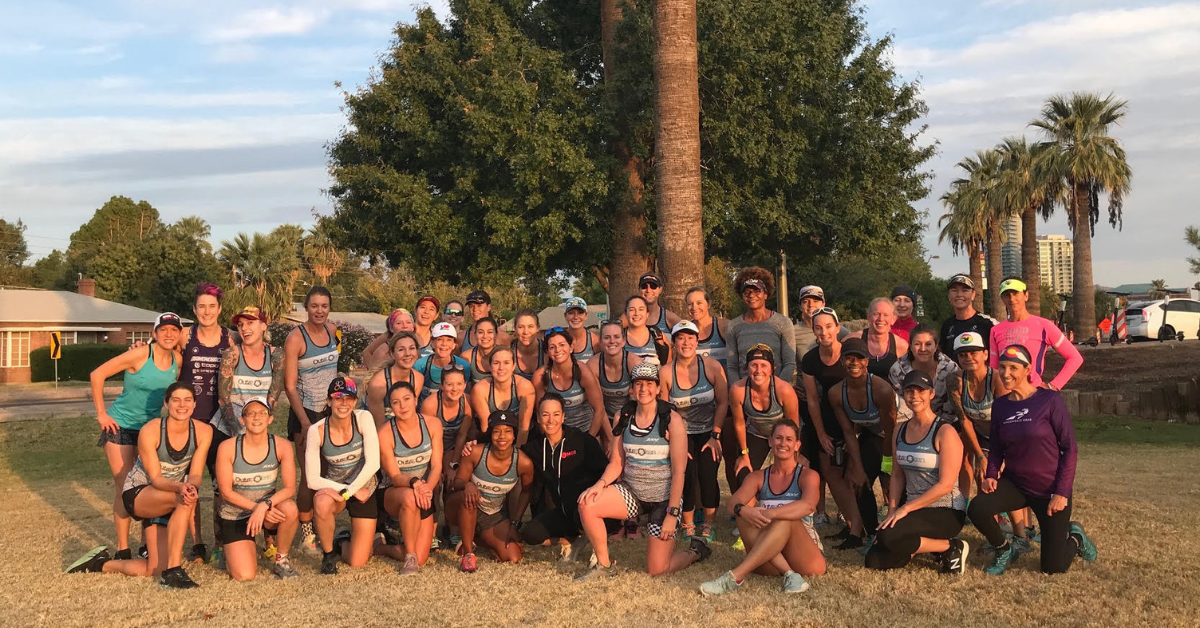 Outspoken Women in Triathlon Summit Returns Bigger than Ever
Outspoken Women in Triathlon Summit Returns Bigger than Ever  Driving the Lamborghini: Productivity and the Power of Paper
Driving the Lamborghini: Productivity and the Power of Paper 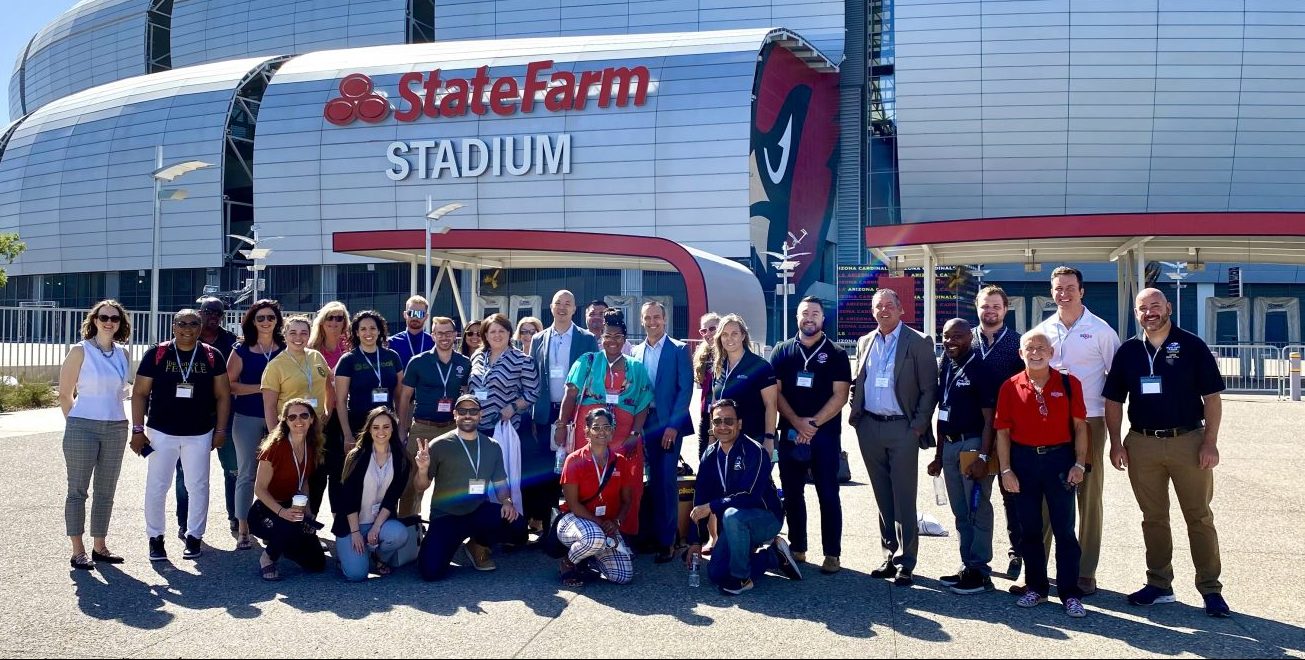 5 take aways from the Compete Sports Diversity Summit
5 take aways from the Compete Sports Diversity Summit 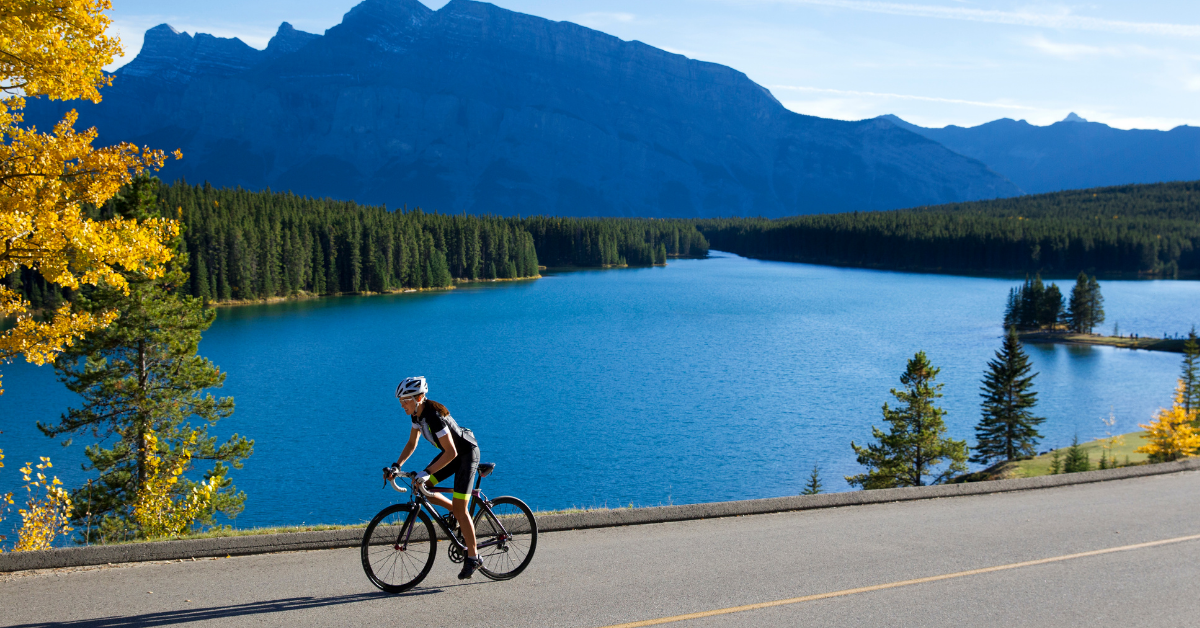 Simple Tips to Hone Your Bike Handling Skills
Simple Tips to Hone Your Bike Handling Skills 
